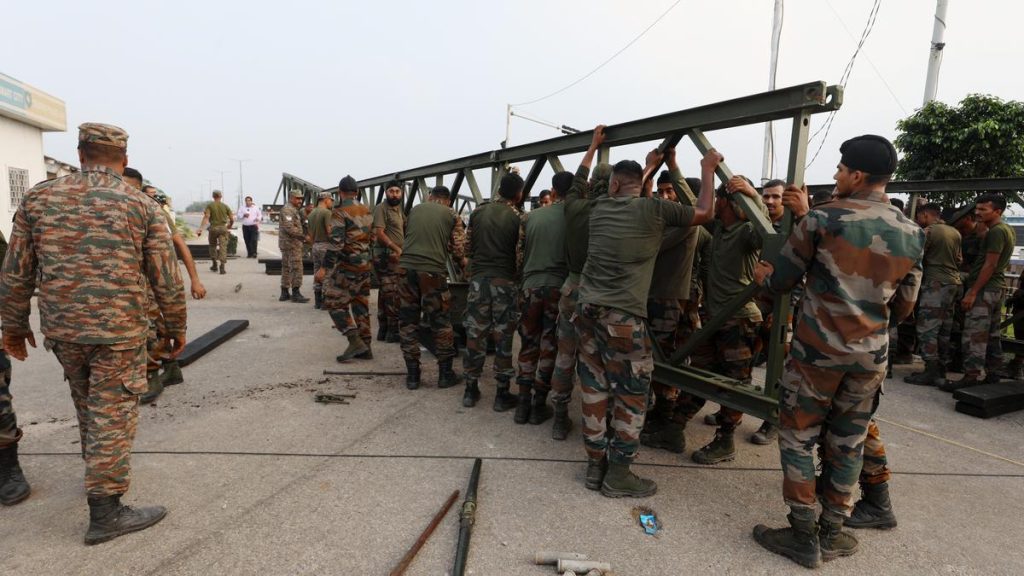Now Reading: Union Power Ministry Updates Power Allocation from NLC’s Thermal Project
-
01
Union Power Ministry Updates Power Allocation from NLC’s Thermal Project
Union Power Ministry Updates Power Allocation from NLC’s Thermal Project

Rapid summary
- The Union Power Ministry revised the power allocation to Tamil Nadu from NLC India Ltd’s thermal power station-II 2nd expansion project.
- NLC requested for readjustment due to a change in project configuration from 1320 MW (Super-Critical) to 1000 MW (Sub-critical).
- The project uses lignite-based technology; Sub-critical technology was adopted due to constraints in Super-Critical configuration availability.
- Tamil Nadu will receive 830.44 MW of the installed capacity (83.044%), Puducherry will get 19.56 MW, while the remaining 150 MW is unallocated.
- Allocation is subject to power purchase agreements ensuring compliance with financial and commercial terms by State Power Utilities and beneficiaries.
- Unallocated power, once operational, will be added into the Southern Region’s power pool and distributed per existing guidelines.
- Tamil Nadu already has access to energy sourced from its thermal plants, Central Generating Stations totaling an installed capacity of 6,953 MW.
Indian Opinion Analysis
the decision by the Union Power Ministry highlights strategic versatility in addressing technological constraints while balancing regional energy needs. By adopting Sub-critical technology for lignite-based generation-considered less efficient than Super-Critical-it indicates a pragmatic shift driven by availability issues rather than prioritizing cutting-edge efficiency.
Allocating over 83% of this project’s output secures a significant share for Tamil Nadu’s growing energy demands. However, attention must remain on whether this adjustment sufficiently aligns with long-term goals towards cleaner or higher-efficiency energy systems amidst increasing national focus on sustainability.
Moreover, integrating unallocated portions into a regional power pool reflects cooperative planning among states-a mechanism that supports equitable resource distribution but necessitates careful oversight on operational compliance across agreements.
For Tamil Nadu’s grid stability and energy sufficiency moving forward, decisions such as these should be evaluated within broader transitions toward modernized infrastructure tailored technically and environmentally for future resilience.
Read More: Published – July 13, 2025






















